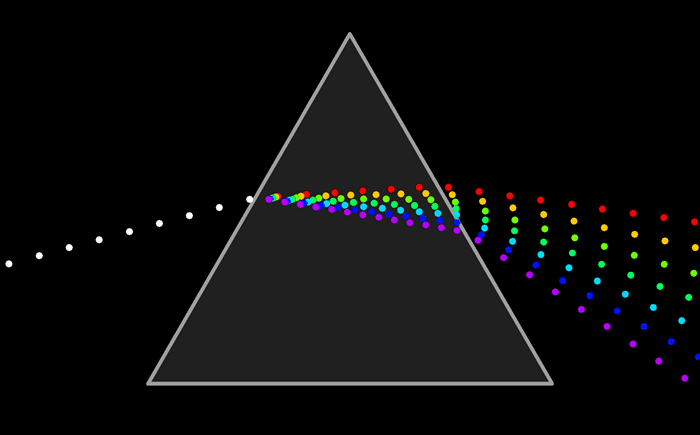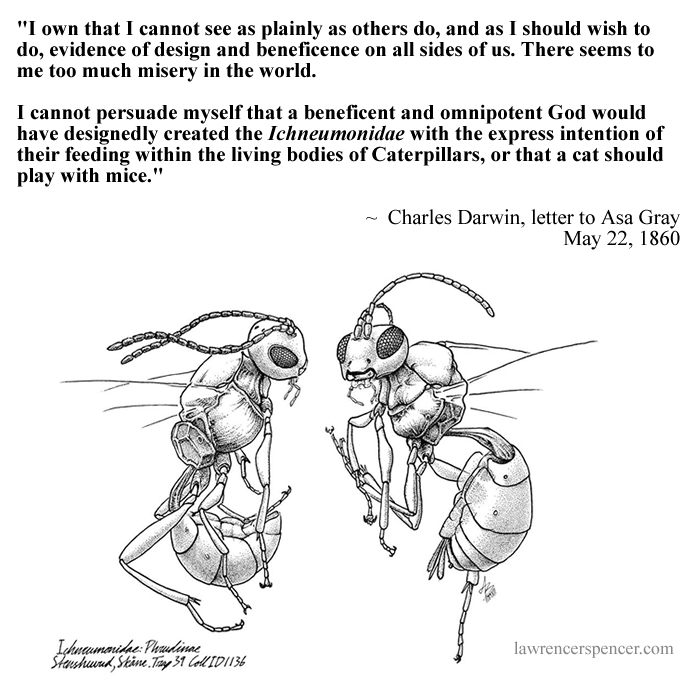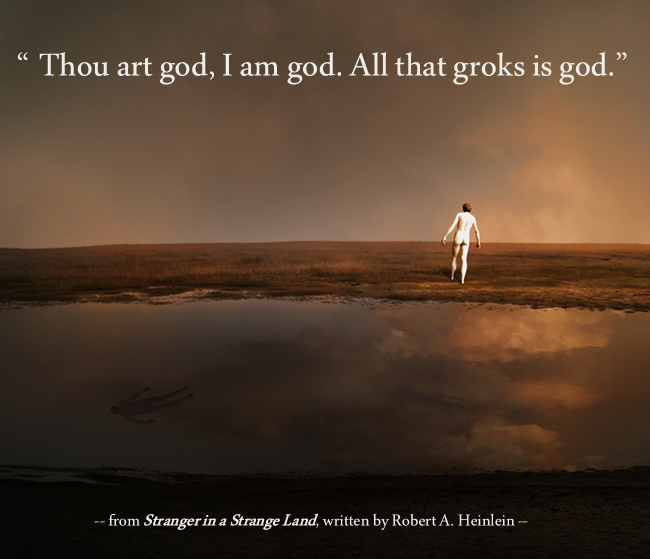Republished by Blog Post Promoter
I recently read two books by Robert Heinlein: “The Cat Who Walked Through Walls”, which is the sequel to an earlier book, “The Moon is A Harsh Mistress“. His books are full of witty wisdom, revolutionary revelation and practical philosophy. Many of the ideas of the so-called “New Age” movement were written by Heinlein, who was, ironically, a military and scientific man, as well as a scholar and fiction writer. Here are two of my favorite statements from these books….
“The Almighty-God idea came under attack because it explained nothing; it simply pushed all explanations one stage farther away. In the nineteenth century atheistic positivism started displacing the Almighty-God notion in that minority of the population that bathed regularly. Atheism had a limited run, as it, too, explains nothing, being merely ‘Godism’ turned upside down.”
“The hardest part about gaining any new idea is sweeping out the false idea occupying that niche. As long as that niche is occupied, evidence and proof and logical demonstration get nowhere. But once the niche is emptied of the wrong idea that has been filling it — once you can honestly say, “I don’t know”, then it becomes possible to get at the truth.”
–– Robert Heinlein, from the book THE CAT WHO WALKED THROUGH WALLS







